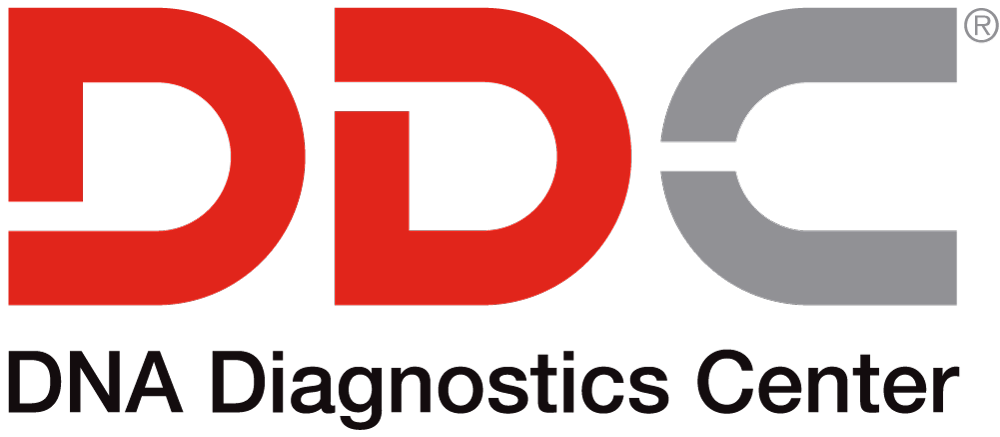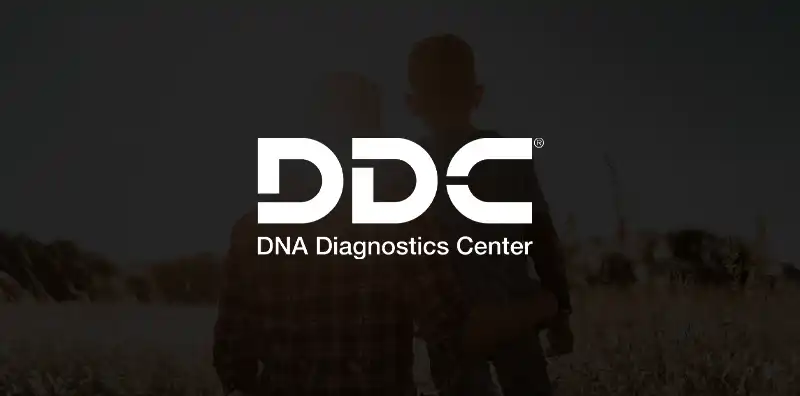AUGUST 14, 2013
Chain of Custody Paternity Testing And Everything You Need To Know About Them
In our last post, we discussed the differences between a legal paternity test (also referred to as a chain of custody test) and a non-legal test. In this week’s installment we will dive deeper into Chain of Custody tests and what you need to know about them.
Paternity testing is integral to the law and legislation of custody cases, but the means of paternity testing has changed over the years. The field of paternity testing has undergone its own scientific and technological revolution thanks to modern DNA tests, genetic fingerprinting and double-blind testing. The accuracy and accreditation of paternity testing is of paramount importance, and can sway the outcomes of courtroom custody hearings and lawful obligations to parents and their children. An accredited laboratory should be chosen to perform your DNA paternity test, such as DNA Diagnostics Center
In general, DNA profiling has a high enough accuracy rate to be admissible in courtrooms for a variety of cases, and genetic fingerprinting is the best method of determining a biological relationship. Samples can be collected with painless cheek swabs and sent to the laboratory for the analysis.
A DNA paternity test is the genetic link between the alleged father and the child and is accurate when performed by a laboratory tha follows strict guidelines and those that are accredited with the regulatory bodies that review them. All of these factors solidify the chain of custody and make the results court defensible.
Fingerprinting the DNA
So-called ‘genetic fingerprints’ of a DNA paternity test help identify the unique DNA structures of a person. The process is no different than the analogous fingerprinting methods, and the results maintain equal accuracy — even under the scrutiny of courtrooms.
The outcome of a paternity test must be recognized in a court of law before any custody rulings can be made. Most paternity testing laboratories will require that the person in question provide proof of identity, such as a photo identification or government issued ID shown at the time of specimen collection.
A DNA paternity test needs to be conducted in a professional laboratories or hospital and must ensure that the person collecting the specimen has no bearing on the outcome of the test.
About DNA Diagnostics Center (DDC)
DNA Diagnostic Center is the world leader in paternity and relationship testing. We serve healthcare professionals, government agencies, and individuals around the world to determine family relationships with trusted accuracy.
More Questions? Don’t hesitate to call us: we’re here to help!
CALL NOW





